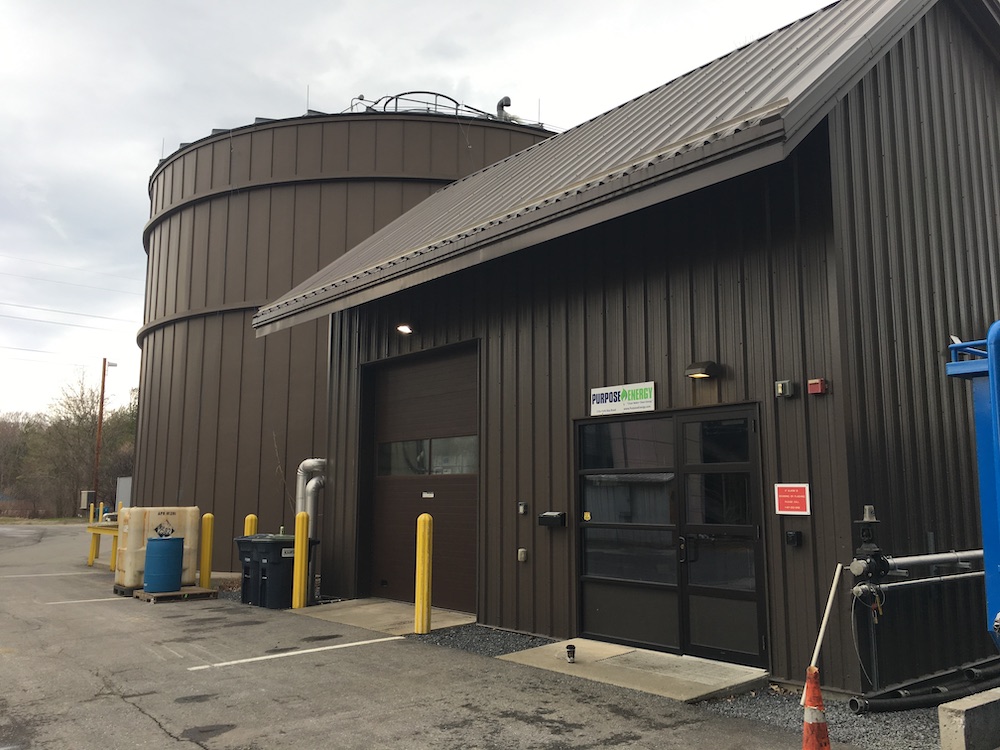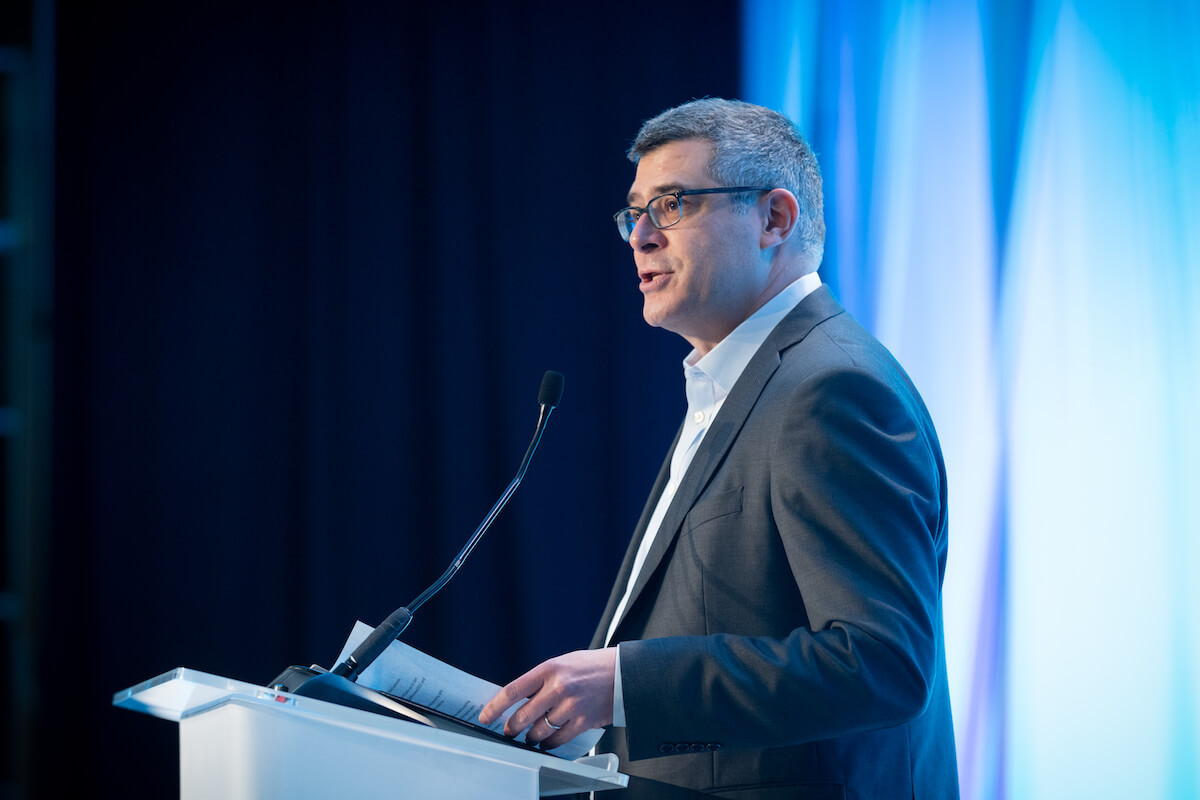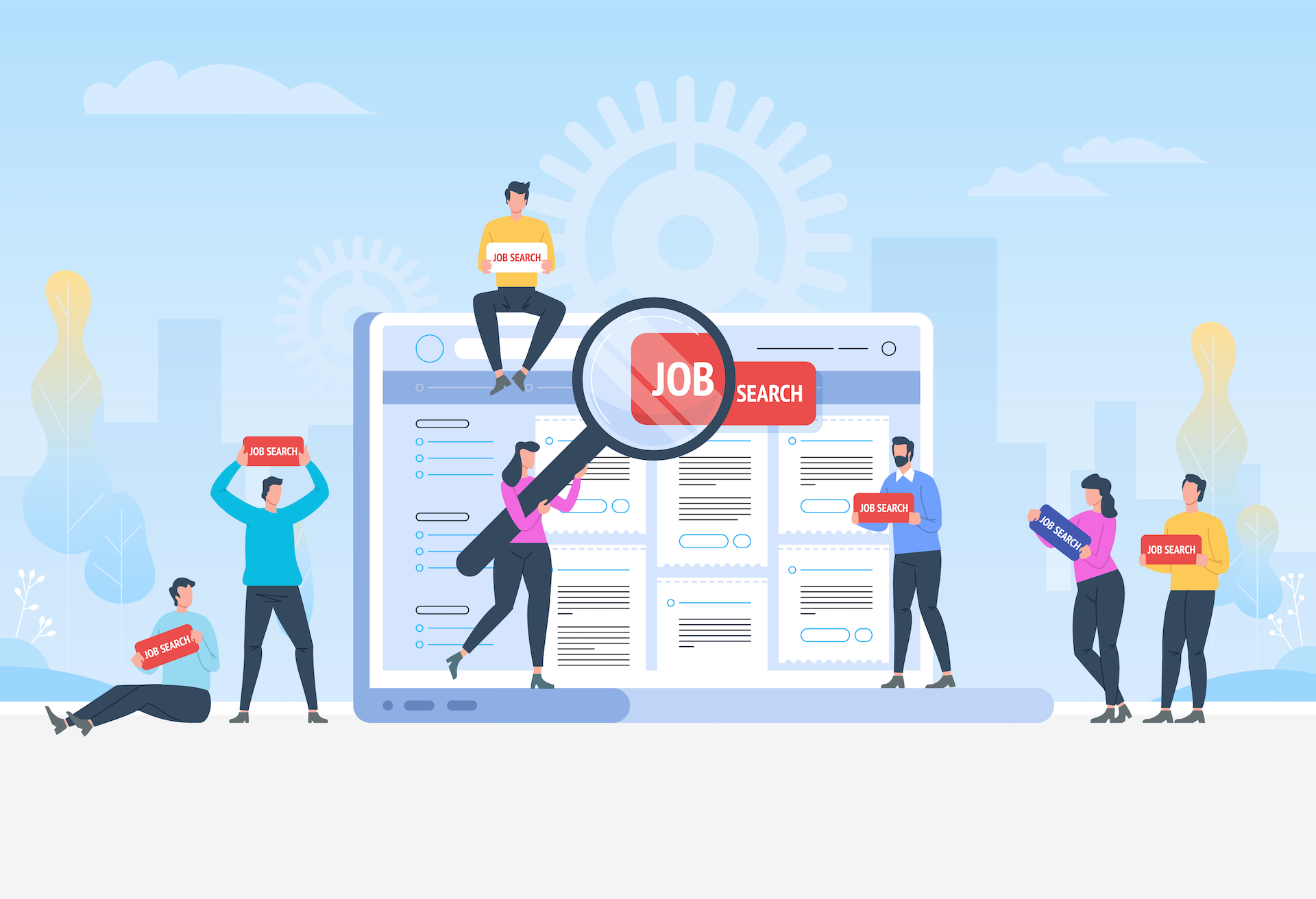ImpactAlpha, October 17 – It shouldn’t be difficult to finance the shift to low-carbon energy production. There’s plenty of capital. What’s slowing the flow of investable projects: risk.
Leyline Renewable Capital backs renewable energy projects at the pre-development stage, where few other investors are willing to go. The firm has just raised $150 million from Newlight Partners, a spinout of Soros Fund Management, to ramp up its financing and support for project developers.
“There is more enthusiasm and money being put to work in renewables now than at any time,” Leyline’s Erik Lensch told ImpactAlpha. “But development is risky business. Many banks and investors just aren’t ready to put money to work until a project has been derisked.”
Leyline has invested in 18 early-stage renewables projects since 2016, including solar, wind and biogas. At the pre-development stage, developers have an energy buyer lined up, but haven’t yet cleared permitting hurdles, secured key contracts or broken ground. The firm often takes an equity stake in the projects, in order to lend its experience to the pre-development process.
“We’re coming in at a risky stage of the project so we take an equity stake to ensure we’re aligned with the project and the team,” Lensch says.
Digester investor
Most of Leyline’s current portfolio is comprised of anaerobic digestion installations that convert food, livestock and landfill waste into biogas. Biogas comprises only about 5% of the U.S.’s renewable energy capacity. Most of it is consumed locally, rather than feeding into the electricity grid. But the number of installations is growing quickly, in response to state policies designed to slash methane emissions from farms and organic waste in landfills.
The state of California is providing grant funding to bring new anaerobic digestion installations online, while New York passed a law earlier this year to prevent nearly four million tons of commercial food waste from ending up in landfills.
CalBio and Land O’Lakes partner on farmer waste-to-energy projects
By backing planned anaerobic digestion facilities, Lensch says Leyline is seizing an opportunity to accelerate a nascent clean energy sector and capture attractive financial returns.
“Anaerobic digestion is where the solar sector was 10 to 12 years ago,” Lensch explains. “We’re seeing the market for open up for equity and financial providers.”
Many of these investors are taking an interest in anaerobic digestion because they’re no longer getting the returns they once did in the solar sector. “Solar offers single digit returns now, so the equity capital is moving on to renewables projects that can make a real contribution to reducing global warming, while offering higher rates of return.”
Equilibrium Capital: The Case for Owning and Operating Sustainable Real Assets
Debt and equity
Leyline’s finances projects above $10 million, and supplies 5% to 10% of total project costs with loans typically between $2 and $3 million. The company gets repaid when projects move into the development stage and are able to secure construction financing. With the capital injection from Newlight Partners, Leyline is looking to do more and bigger deals.
“Going out with a large financial partner, we can provide long-term visibility to development partners,” says Lensch. “If they need $2 million today and $20 million later, we’ll be able to stay with them. They’ll be able to scale up with us.”
Helping renewables developers scale up de-risks the market and accelerates the low-carbon transition, says Lensch. That’s ultimately why he and the Leyline team are in the business of early-stage project financing.
“It’s a lot of work. It’s not easy,” he says. “But we get up every day to accelerate that process because environmentally, we’re running on borrowed time.”











